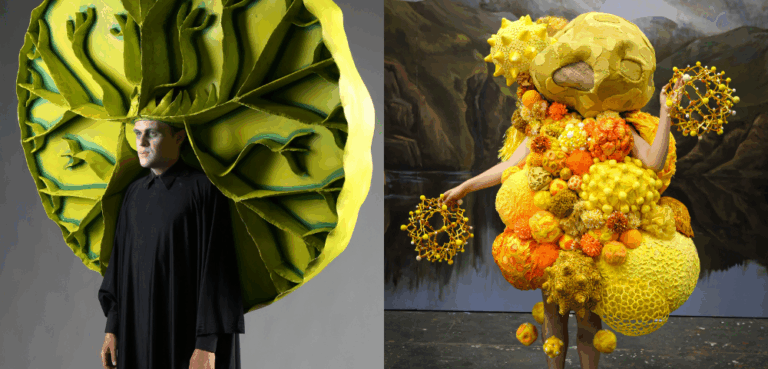
Over-Policing Observed By Legal Teams At LGBTQ+ Festival RAYDIA
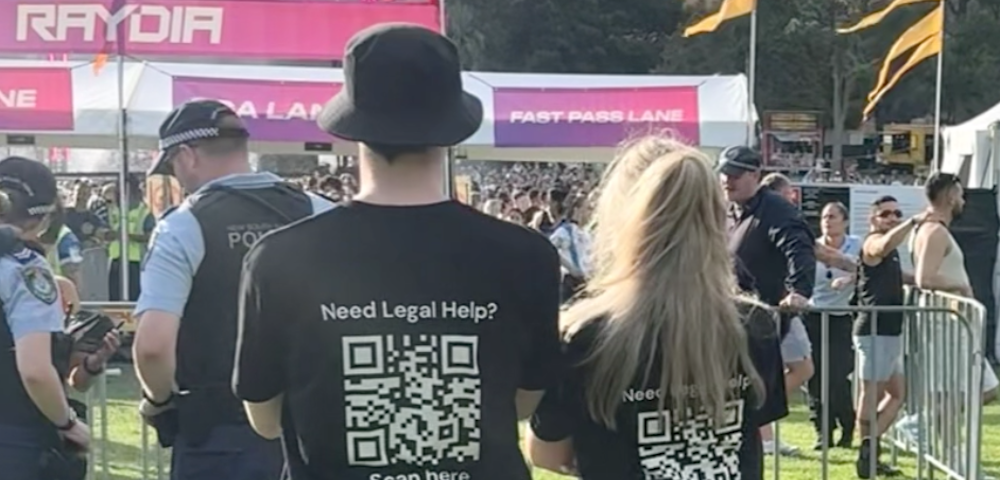
Over-policing and intimidation tactics were observed by legal volunteers at last weekend’s RAYDIA festival, with almost 4 in 5 of legal problems raised on the day relating to issues with police conduct.
An event marketed towards the LGBTQ+ community, RAYDIA took place at The Domain on Saturday, 15 November, with an estimated 5000 people attending, and approximately 30 officers deployed.
Volunteers from the Inner City Legal Centre and Dowson Turco Lawyers attended the event as official legal partners, delivering free legal support and vital “Know Your Rights” education on-site, seeking to empower festival-goers with knowledge about police powers, searches, and safe conduct at large-scale LGBTQ+ events.
Of the legal problems reported to the legal volunteers on the day, 78 per cent were classified as complaints about police, while 11 per cent were in relation to drug possession, and another 11 per cent about access to legal services.
ICLC CEO Katie Green said that although police were no longer escalating an indication from a sniffer dog into a strip search, people were still being detained and taken into the police compound outside of public view.
“We had what we’ve had before, which is a lot of distressed friends, boyfriends, loved ones on the other side of the gates talking to us, and they always say things like, this person’s never done anything wrong in their lives,” said Green.
“Police would say that that is not an arrest. They would say they are detaining a person for the purpose of questioning, but I think it is an arrest because obviously they’ve been taken they are taken to behind closed doors. They are clearly not at liberty to leave. And I think that’s the problem with police powers. If someone tries to leave, police do have powers to arrest someone on suspicion that they’ve committed an offence.”
Police violence in queer spaces not a new issue
Policing at major LGBTQ+ events such as Mardi Gras and WorldPride has long been criticised as overly invasive and damaging to community trust, with sniffer dog operations, strip searches, and heavy-handed tactics have left many feeling unsafe at events meant to celebrate inclusion and community.
Incidents of police violence at events like Mardi Gras 2013 or Melbourne’s 1994 Tasty Raid have given community members reason to feel wary, but Green noted that violence could also be enacted in more subtle ways.
“Being trans and maybe having had access to surgery, maybe not wanting to access to surgery- regardless of the gender of the person that’s going to strip search you, this is a very, very vulnerable cohort of people,” said Green.
Police relations with the LGBTQIA+ community are regularly tested, with a 2024 community consultation conducted by the Sydney Gay and Lesbian Mardi Gras organisers finding that 54 per cent respondents do not agree with police participating in the Mardi Gras parade.
Last year, multiple motions to ban the NSW Police Force were voted down at the annual Mardi Gras AGM, although Rainbow Labor’s motion in support of police marching in the parade for the next 5 years did not succeed with 425 votes for, 522 against and 2 abstentions.
Pride in Protest spokesperson Damien Nguyen said the barring of police from the parade is a matter “of when, not if”.
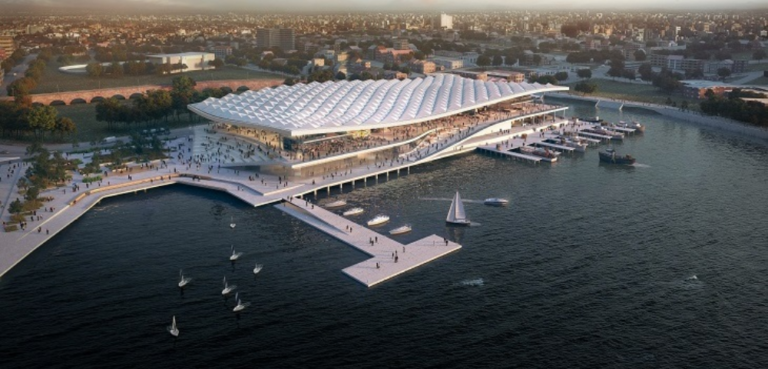

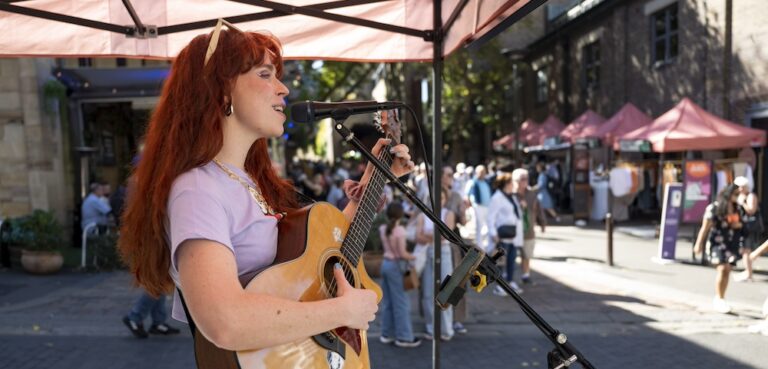
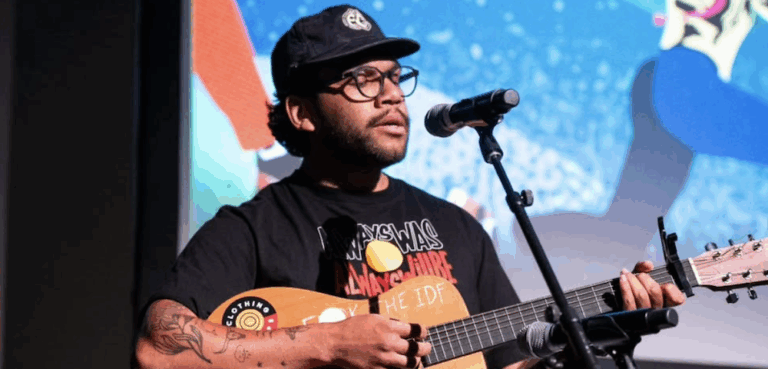
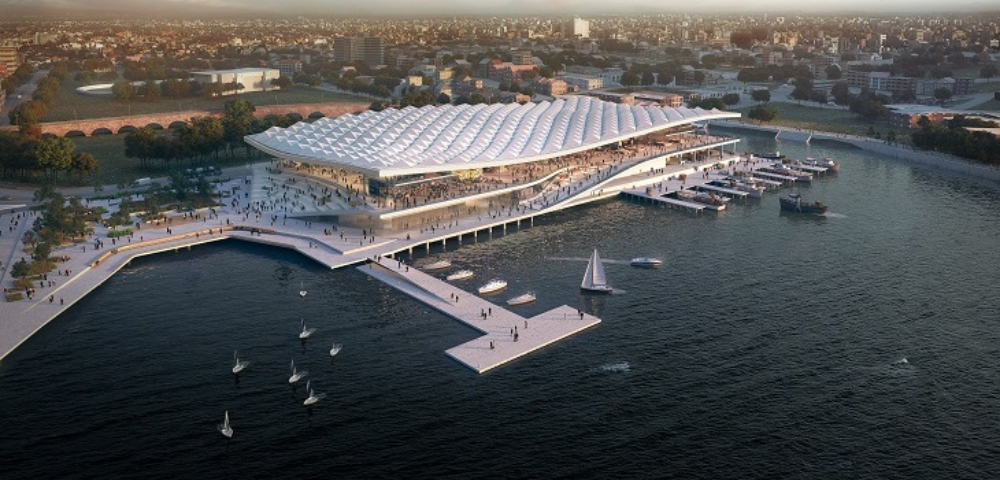

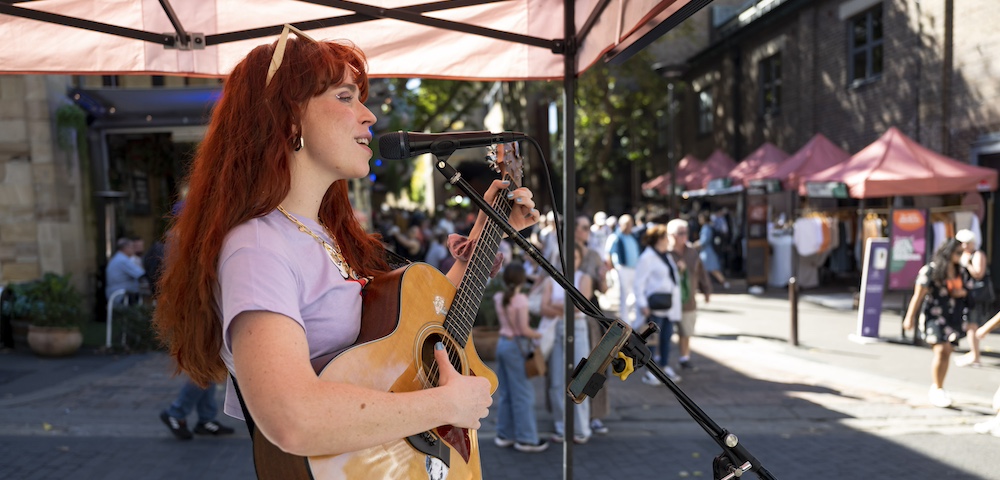
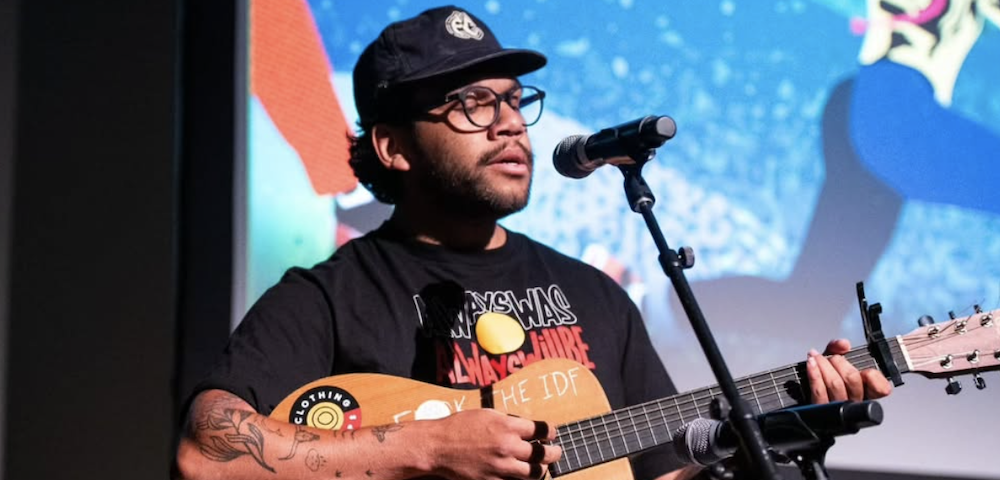
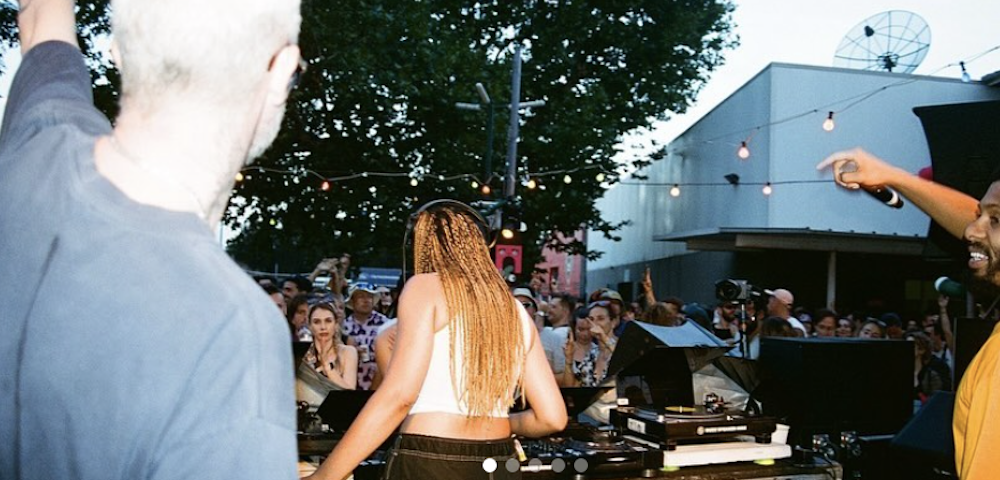
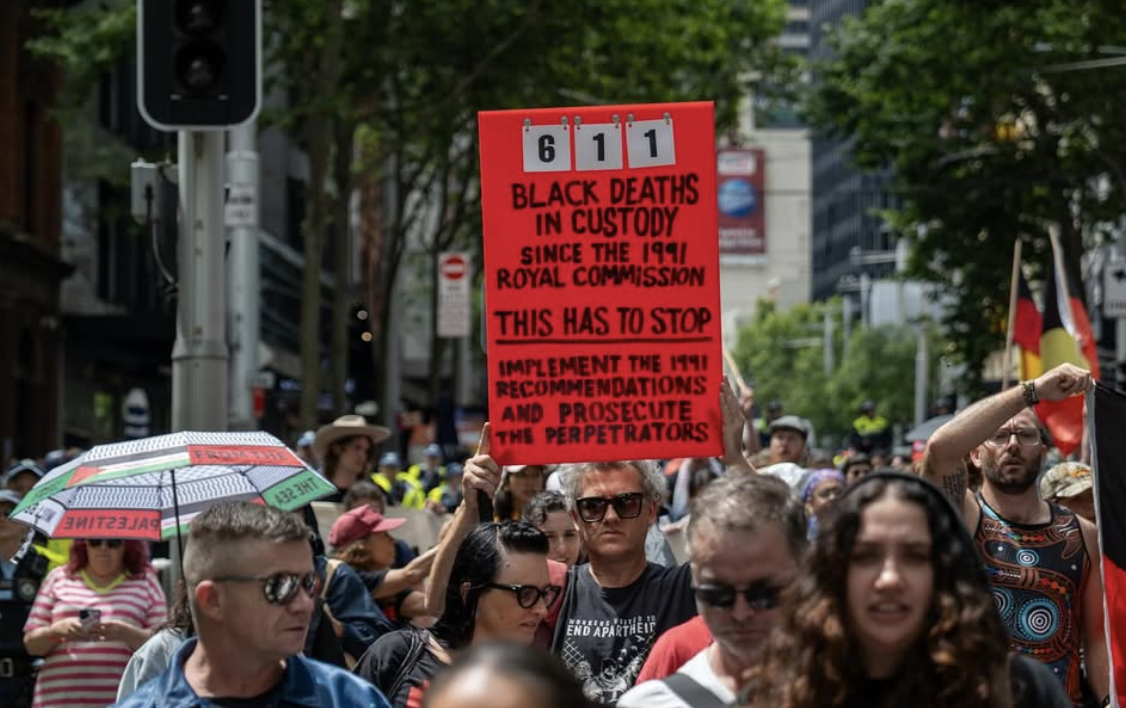
Leave a Reply